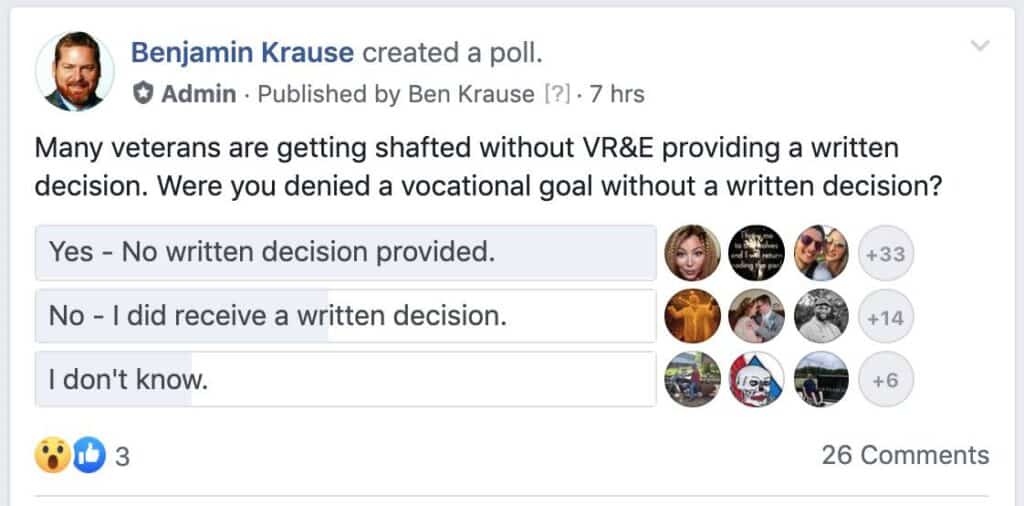On a much more confident note, the AFSP reports that depression is an avoidable illness. Up to 90 percent of people who receive treatment for anxiety come along in their signs and symptoms. Your call is confidential, and there's no stress to commit to treatment till you're ready.
What happens when you get out of rehab?
Rehabilitation is care that can help you get back, keep, or improve abilities that you need for daily life. These abilities may be physical, mental, and/or cognitive (thinking and learning). You may have lost them because of a disease or injury, or as a side effect from a medical treatment.
What Is A Common Day In Drug Rehab Like?
There are 6 major approaches or approaches supplied by traditional design rehabs. These ideologies greatly affect how the program is run, although significantly solutions integrate different elements of the approaches to meet individual customer demands. Principles of Drug Abuse Therapy for Crook Justice Populations - A Research-Based Overview.
Enroll in our Health and wellness Idea of the Day newsletter, and also receive everyday tips that will certainly assist you live your healthiest life. If they choose, adults might count on their church affiliation and its tenets to decline treatment for themselves.
How do I know if I need inpatient?
Detoxification is normally the first step in treatment. This involves clearing a substance from the body and limiting withdrawal reactions. In 80 percent of cases, a treatment clinic will use medications to reduce withdrawal symptoms, according to the Substance Abuse and Mental Health Services Administration (SAMHSA).


If you began therapy with inpatient detox as well as inpatient therapy, outpatient treatment might begin regarding one month after starting rehab. If you attended outpatient detoxification, you may begin outpatient treatment within days of starting rehabilitation. Throughout partial hospitalization, you may reside in sober living house affiliated with your rehabilitation center.
- In the 1900s, Anna Freud as well as her peers belonged to the Vienna Psychoanalytic Culture and they dealt with exactly how to care for kids.
- It takes a little time Mental Health Facility to return to where you were prior to your dependency.
- Assuming a 28- or 60-day therapy program can deal with all your problems vastly takes too lightly the intensity of what you're undergoing.
- They worked to produce residential treatment facilities for youngsters and adolescents with emotional and behavioral problems.
Can you go to rehab for anxiety and depression?
After completing detoxification and inpatient rehabilitation, a recovering addict will return to normal life. This includes work, family, friends and hobbies. All these circles and events can trigger cravings and temptations. Research suggests most relapses occur in the first six months after treatment.
This will include a Scientific Institute Withdrawal Analysis to establish Get more info your degree of dependency http://keeganwvof153.unblog.fr/2020/07/31/swimming-pool-celebration-hard-rock-hotel/ as well as the potential extent of your withdrawal. While many days at rehab will follow a similar routine, there may be unique tasks or events throughout the week that will change the schedule. As an example, special events might be hung on family visitation days or a team of more skilled clients might take an off-site go to for a certain sort of treatment or activity.
Which drug has the highest rate of relapse?
Dual diagnosis rehab focuses on treating your depression and your substance abuse as separate but closely related issues. In addition to medical detox, you may receive psychotherapy that targets your depression or anxiety. For those who struggle with depression and addiction, recovery can be twice as challenging.
No matter what sort of rehabilitation you pick, it can help put you on a path to lifelong recuperation. Clients stay in supervised, short-lived real estate where they can take part in therapy programs.
Why do we need rehabilitation?
A residential treatment center (RTC), sometimes called a rehab, is a live-in health care facility providing therapy for substance abuse, mental illness, or other behavioral problems. Residential treatment may be considered the "last-ditch" approach to treating abnormal psychology or psychopathology.